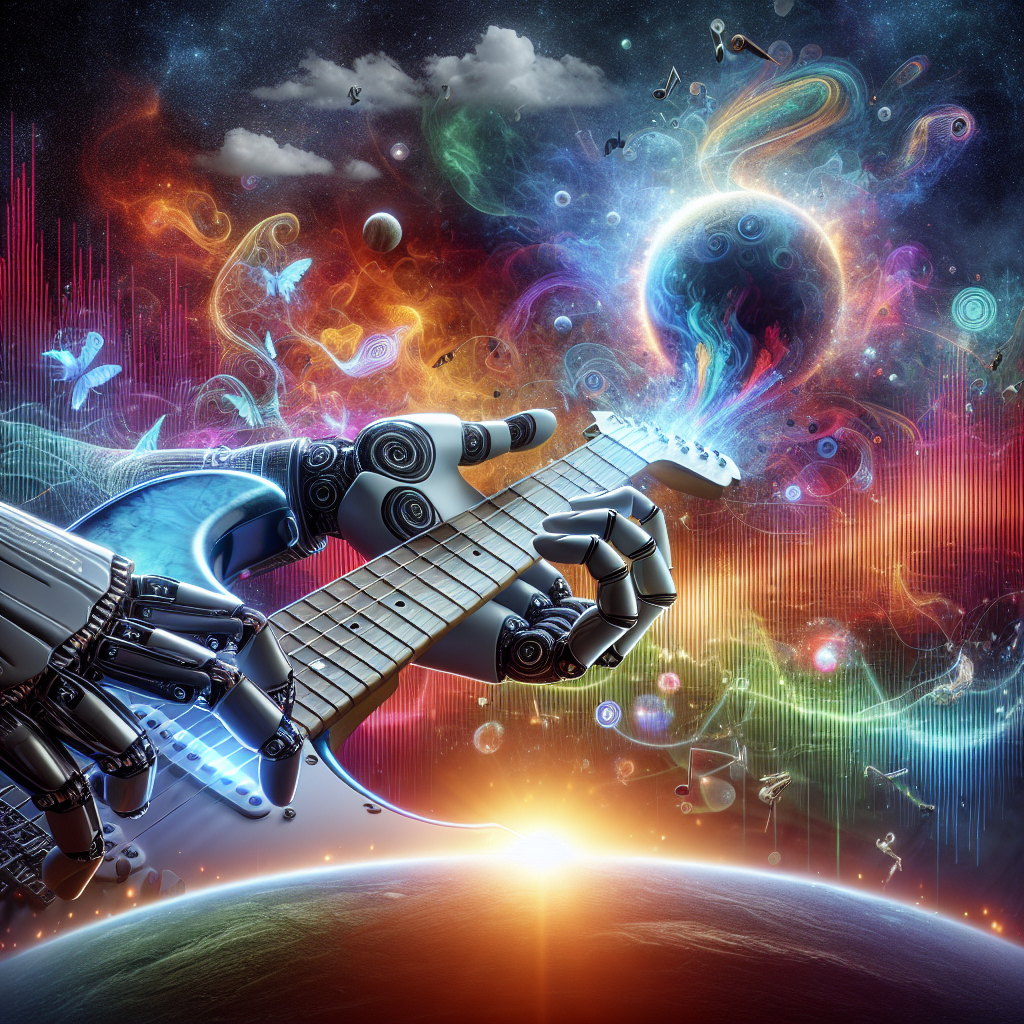The burgeoning success of artificial intelligence (AI) in the creation of music has ignited a complex discussion about the evolution and integrity of the music industry, highlighted in a recent analysis on Startup News, “The Success of AI Music Creators Sparks Debate on Future of Music Industry.”
As AI technologies have advanced, they have permeated various facets of creative industries, including music, where they now play a significant role in composing, producing, and performing music. These AI-driven music tools are not only being utilized by established musicians to optimize their workflow but are also enabling novices to create music without traditional musical training. This democratization of music production raises pivotal questions about originality, authenticity, and the economic implications for musicians.
Music created by AI has seen considerable commercial success, with some tracks making their way onto major streaming platforms and garnering substantial play counts. However, this success is not without controversy. Critics argue that while AI can mimic the technical aspects of music creation, it lacks the inherent emotional depth and cultural nuances that human composers bring to their works. There is a fear that AI-generated music might commoditize musical content, undermining the value of human creativity and effort.
Moreover, the professional opportunities for musicians could dwindle as AI technologies potentially lower the demand for human composers and performers in certain contexts. As noted by industry experts, while AI can assist in the creative process by generating ideas and refining sounds, the potential for these tools to replace human artists in some roles cannot be dismissed.
Economically, the integration of AI in music production disrupts traditional revenue models in the industry. AI’s ability to produce music at a fraction of the cost and time poses a challenge to traditional pricing structures and royalty distributions. Artists and producers may need to find new ways to monetize their work and protect their intellectual properties in an increasingly digital and automated marketplace.
Ethically and legally, there is an urgent need to establish frameworks that address the authorship and copyright of AI-generated music. Current copyright laws are designed around human authorship, making it difficult to navigate the complexities brought on by AI creators. Who owns the music, and how are royalties awarded if a machine is doing all or part of the composing?
These are the questions that stakeholders in the music industry must grapple with as AI continues to evolve. While there is significant excitement about the potential of AI to transform music production, it is crucial to proceed with a mindful consideration of the broader implications on the creative landscape.
In conclusion, as we stand at this technological crossroads, it is vital for the music industry, technologists, and policymakers to engage in a deep, structured dialogue to steer the future of music in a direction that preserves its soul while embracing innovation. Only through balanced, thoughtful policies and practices can we ensure that both human artists and technological tools find their rightful place in the symphony of progress.



